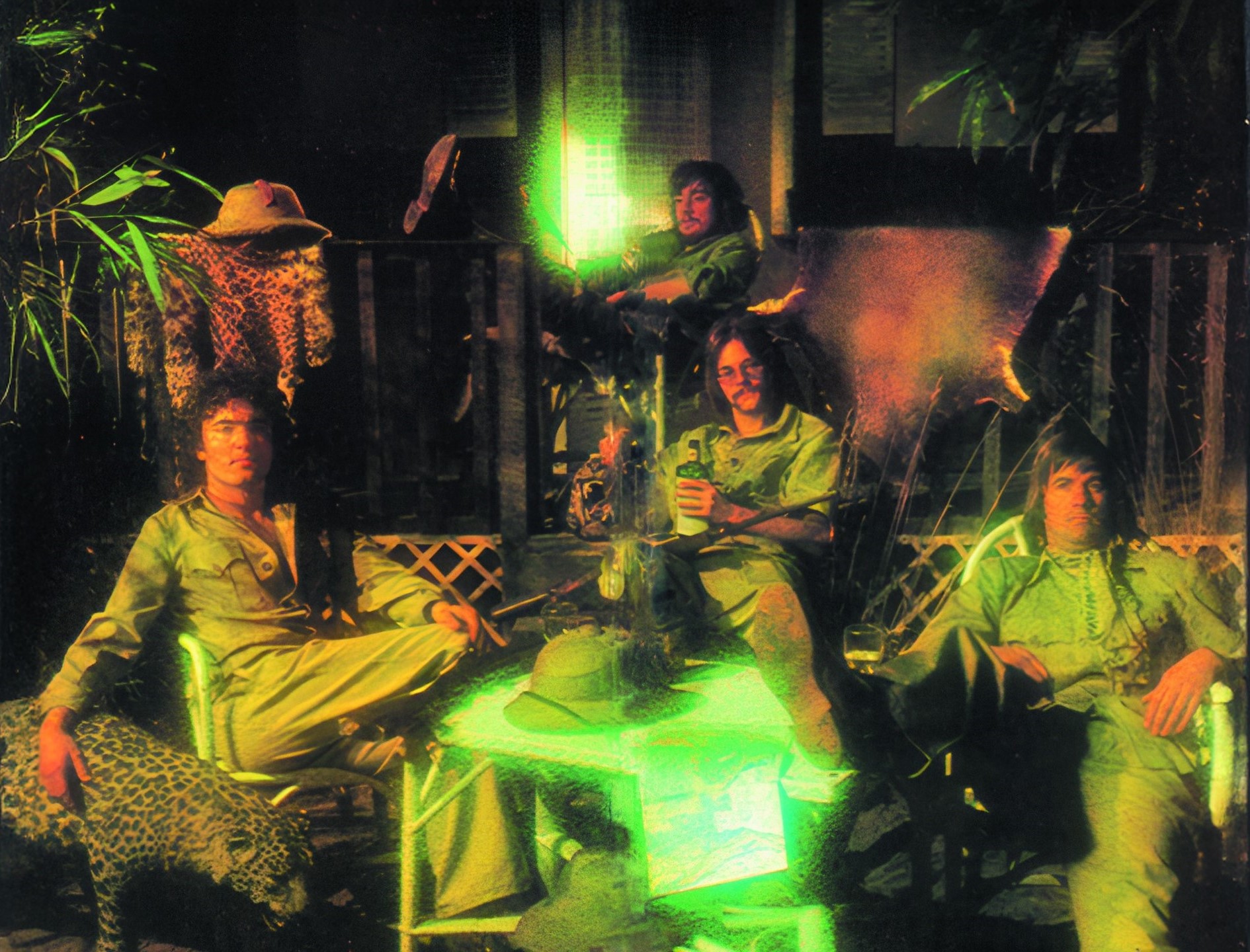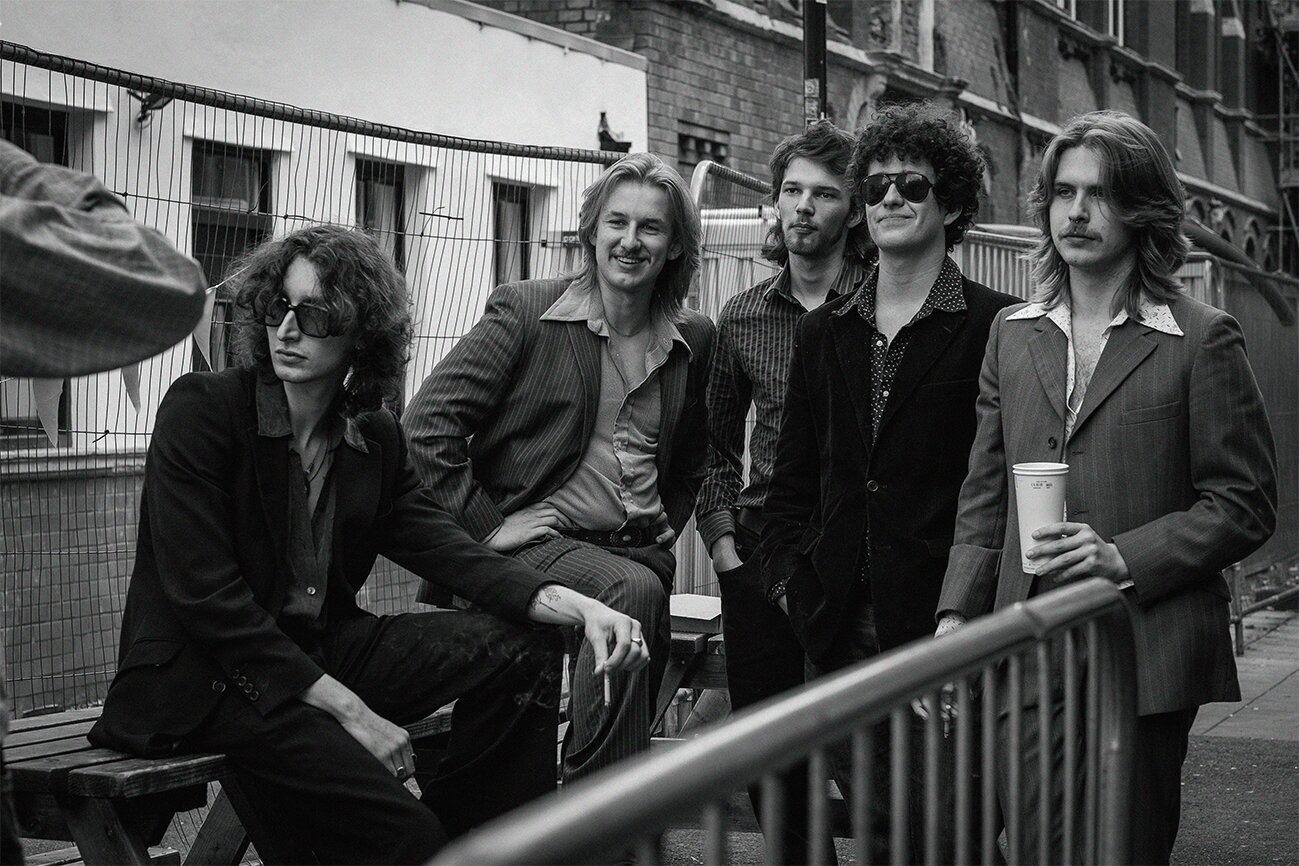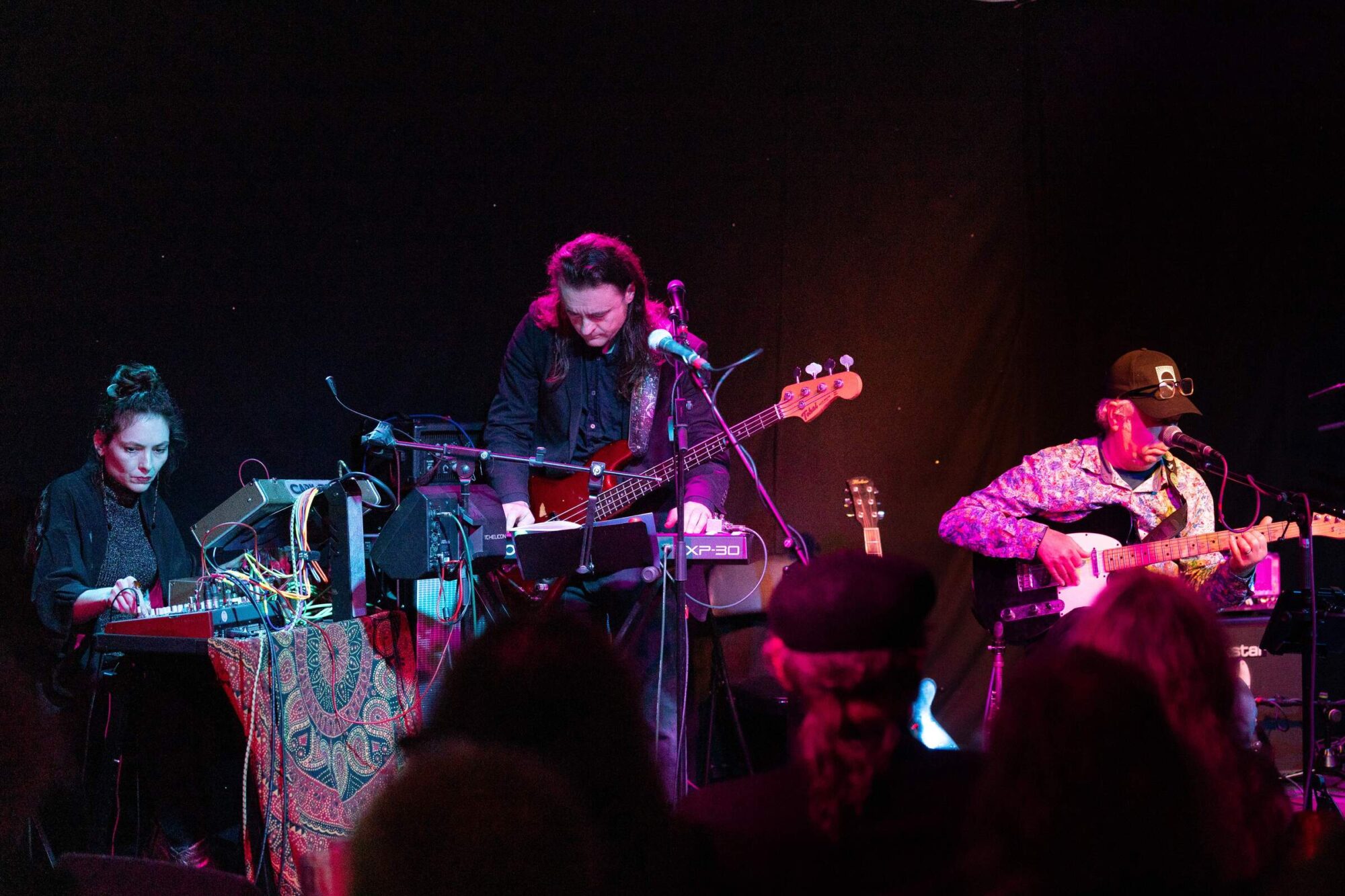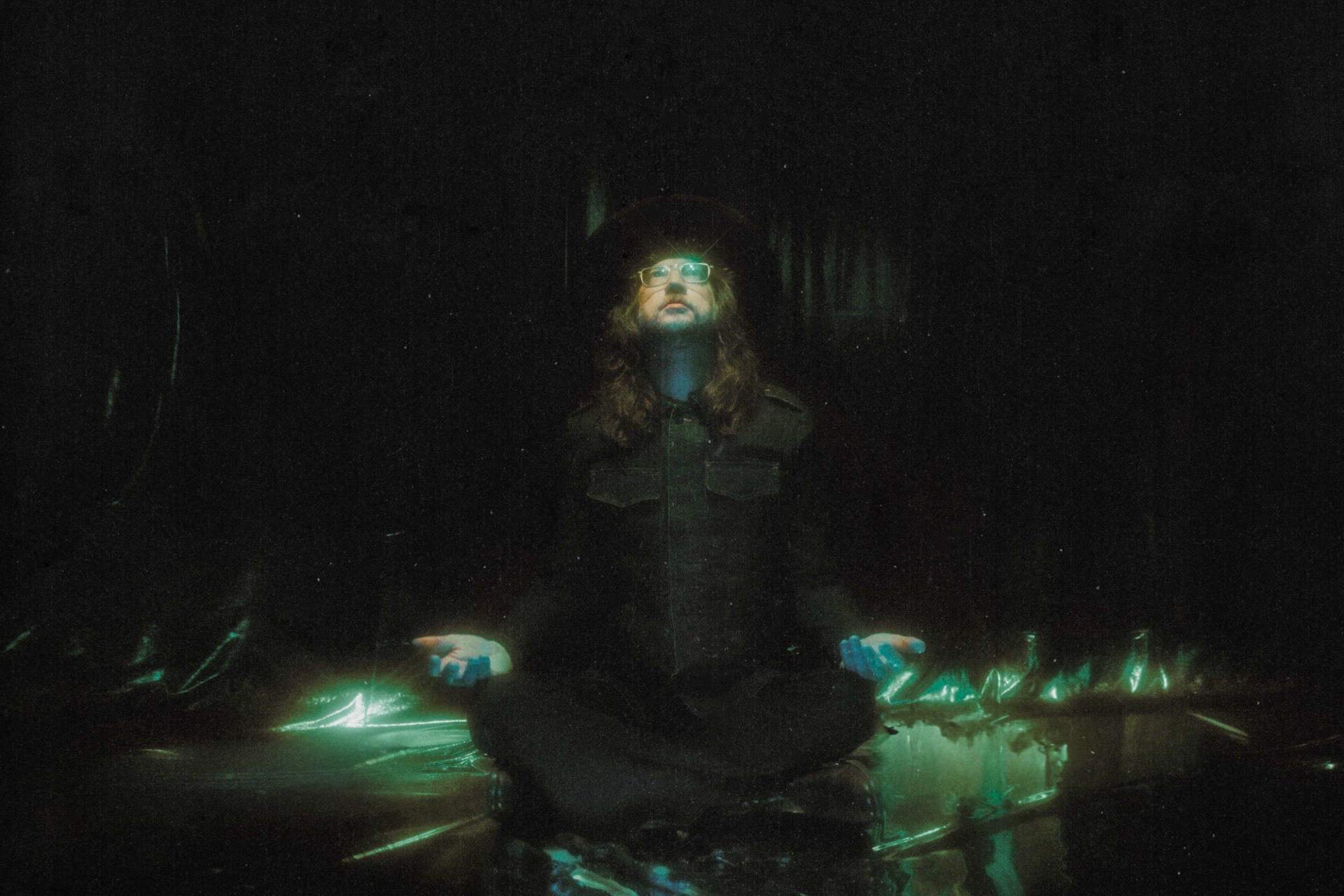Beyond the Yardbirds: How Drummer Jim McCarty Forged Shoot, Reissued by Think Like A Key
In the long shadow of the Yardbirds, it’s easy to forget how far Jim McCarty’s musical journey strayed from the wild blues-rock energy of ‘Shapes of Things’ and ‘For Your Love.’
By the early 1970s, McCarty had already helped seed the beginnings of progressive rock through Renaissance, but what came next remains one of rock’s lesser-known, subtly captivating chapters.
This includes ‘On The Frontier,’ the lone album by Shoot, McCarty’s short-lived band whose 1973 debut arrived with little fanfare and disappeared into cult obscurity. Now, over fifty years later, it’s being lovingly reissued by Think Like A Key Music, complete with bonus material and long-lost context.
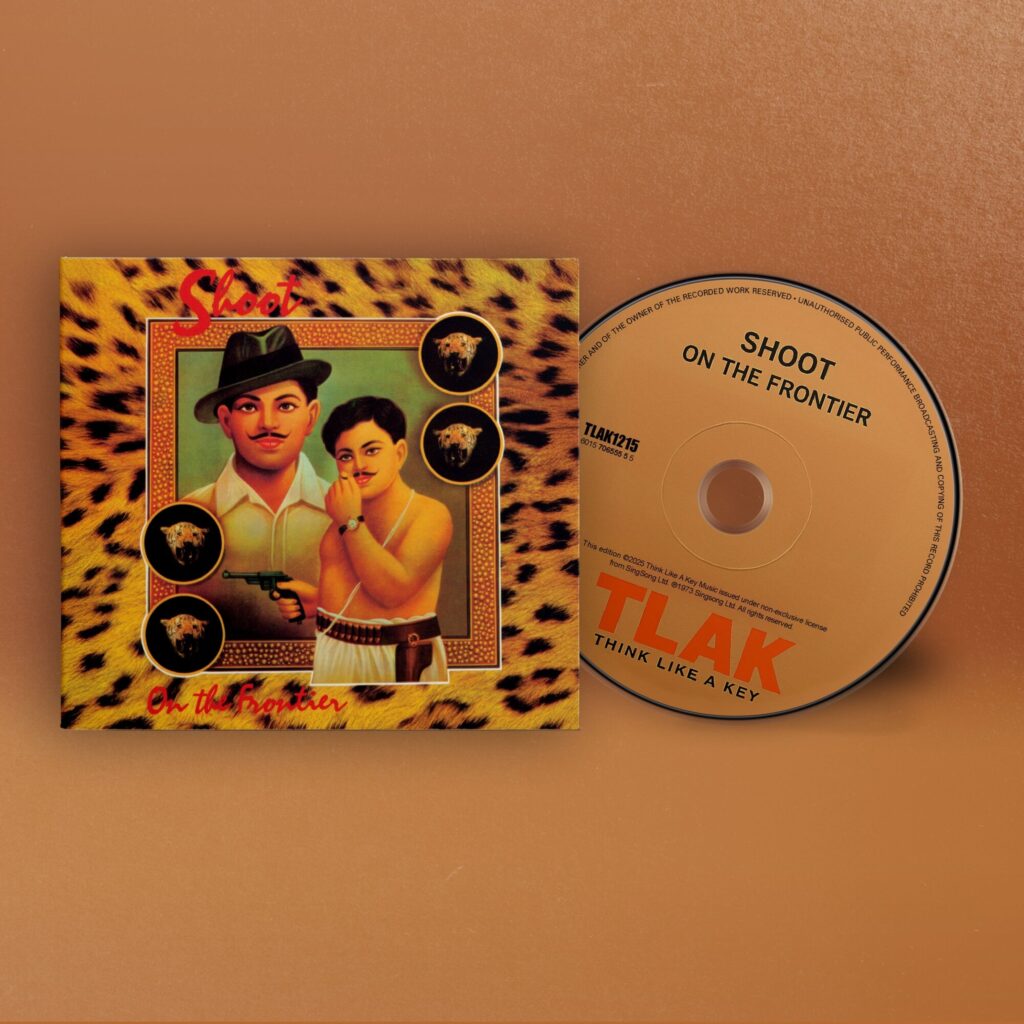
“I can finally look back on it with fondness,” McCarty says today, reflecting on the project’s subtle legacy. “I would hope a new listener might feel happy listening to it and appreciate that classic ’70s sound.”
Formed in the early ’70s, Shoot was built on a significant departure from his work with the Yardbirds, and even Renaissance to some extent. Given the prevailing musical landscape of 1973, with its burgeoning glam rock and hard rock scenes, there must have been a personal impetus, the burning desire, that led him to pursue a sound that, in retrospect, feels so remarkably understated and, dare I say, almost prescient in its Americana-infused prog undertones. So rather than chase the heavy, glam-fueled trends of the era, McCarty and guitarist Dave Greene opted for something more reflective, drawing inspiration from American folk-rock acts like Poco, Seals and Crofts, and Neil Young. “My voice suited that softer approach more,” McCarty explains, “and I always enjoyed working in a team—of at least two. Two is good, then you can put a band around it, and that just fell into place.”
The connection with Greene came through his wife, who worked in the office of the band’s booking agent in London’s Earl’s Court. “She told me her husband was a guitarist and invited me round,” McCarty recalls. Their chemistry was immediate. “Dave had a knack for inventing pretty guitar riffs,” he adds, “and I had fun writing songs on piano—even though I wasn’t a great player.”
They fleshed out the band with bassist Bill Russell, “who was good fun,” and Craig Collinge, a drummer McCarty had seen playing with Manfred Mann’s Earth Band. With a contract secured through EMI, the group headed into Abbey Road Studios, a setting more familiar to the Beatles than the rising tide of introspective folk-prog hybrids. McCarty’s old schoolmate Ian McClintock produced the sessions, while a young John Leckie—then a tape op—would go on to produce Radiohead and The Stone Roses. “The most interesting was the tape op,” McCarty says, “who later became a successful producer.”
When you listen to it today, ‘On The Frontier’ feels like a document out of time as it possesses a remarkable timelessness. It doesn’t sound dated in the way some 70s records can. It drifts effortlessly through melodic bass, with elements of early Americana and pastoral prog gently woven together. McCarty reflects that ‘Sepia Sister’ was probably the stand-out song. “It used all the favourite sounds of the time—Leslie speakers, Mellotron, and sitar guitar.”
It wasn’t just textures that gave the album its character. Pianist John Tout—McCarty’s friend from Renaissance—and pedal steel virtuoso B.J. Cole brought a distinctively open, windswept quality to tracks like ‘Old Time Religion’ and the title track ‘On the Frontier.’ McCarty says they “reflected our feeling for the Wild West,” a sentiment echoed in the cover art which resulted in a gatefold sleeve placing the band in a faux jungle, framed by a front image lifted from a revolutionary Indian poster gifted by a fan.
Yet despite the visual ambition and the evocative songwriting, the album never made a commercial dent. “It never really took off, so to speak,” McCarty says, “but in those days you needed a hit single.” Without one, Shoot became a footnote—even as McCarty moved on to explore more spiritual and musical paths in the decades to come. “I still play sometimes and enjoy talking about the history of my band or bands,” he says. “I’ve always been interested in spirituality—a broad subject!”
The Think Like A Key reissue brings new clarity and long-overdue recognition to ‘On The Frontier,’ with remastered sound by Prof. Stoned and unreleased material, including one standout that never made it to the original LP.
“One thing I forgot to mention is that the song ‘Storms and Sorrows’ never made it onto the album,” McCarty says. “But we did have a version recorded during a BBC John Peel live session. Some people say it’s one of the best songs—it will be on the exciting Think Like a Key version.”
When Shoot released ‘On the Frontier’ in 1973, the album gently slipped through the cracks, caught between moments. It was never loud enough to demand attention, but time has a way of changing how we listen. This reissue invites us to hear it anew on its own terms. What unfolds is not just a lost classic rediscovered; beneath its gentle production and beautiful arrangements lies a quieter, more reflective side of one of rock’s most influential drummers. As Lester Bangs put it, he played “in a way that felt dangerous and alive.”
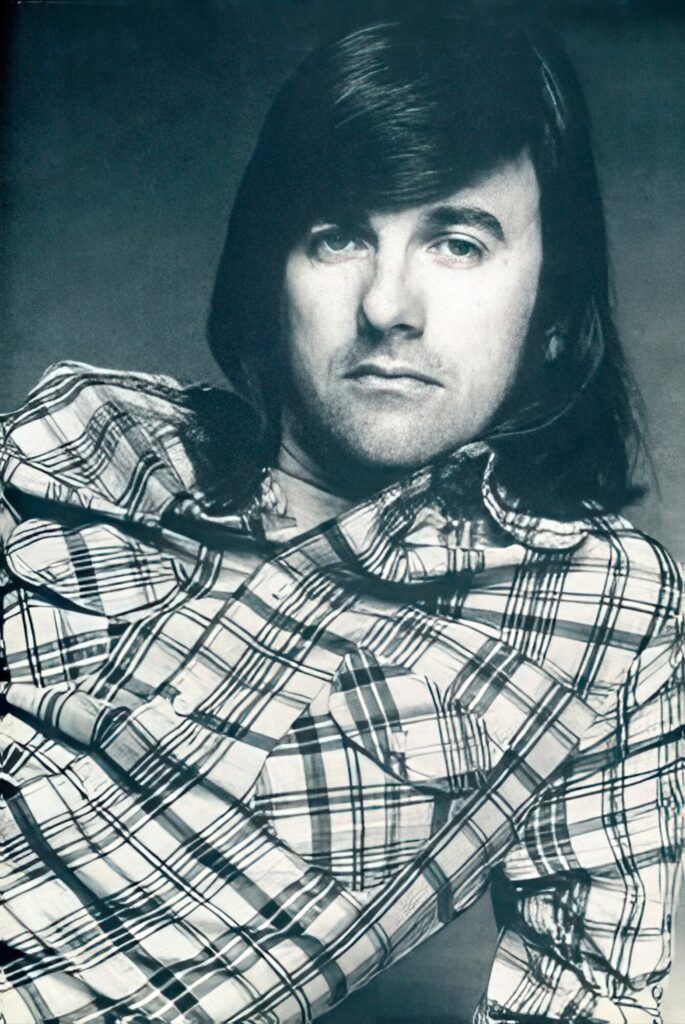
The Yardbirds were a gateway to much of what rock became. As a musician, he was brave enough to explore new directions after that chapter closed, and here the music softens. The moods deepen. Though ‘On the Frontier’ never made the charts, its return feels less like long-overdue recognition and more like finding its rightful place fifty years on. Hopefully, it will reach a few more curious ears beyond those who worship what might be the greatest band ever.
‘On the Frontier’ illuminates a more introspective, soulful corner of a legendary drummer’s journey, and it is more than worth listening to that side of his life.
Klemen Breznikar
‘On the Frontier’ by Shoot is available via the Think Like A Key Music website.
Jim McCarty Official Website / Facebook / X / YouTube
Think Like A Key Music Official Website / Facebook / X / Instagram / Bandcamp / YouTube
The Yardbirds | Interview | Jim McCarty

